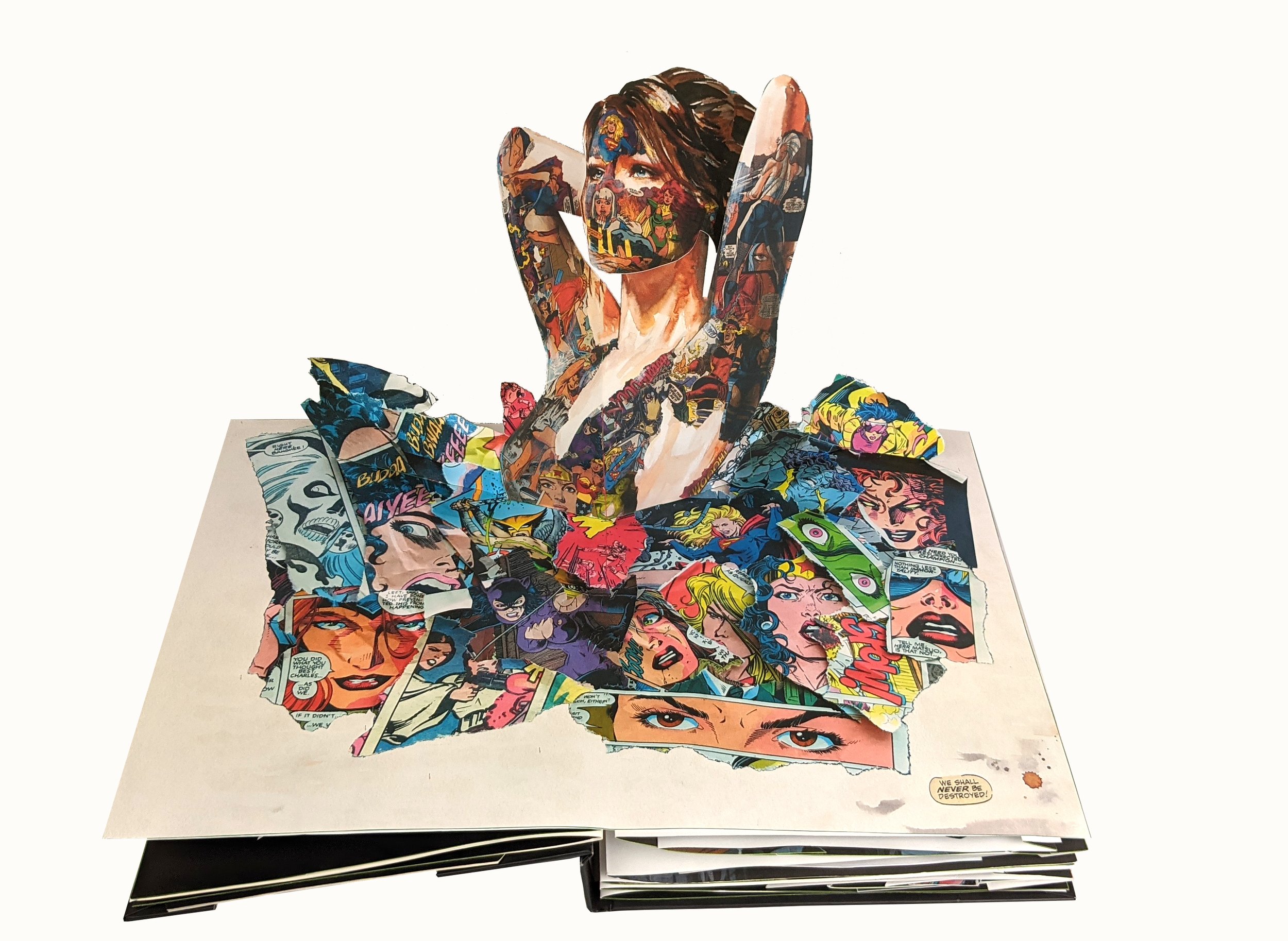The long-awaited Copyright Claims Board is open for business! At the beginning of 2021, the Copyright Alternative in Small-Claims Enforcement Act (“CASE Act”) was signed into law, signaling what could be considered a great aid for individual creators and small businesses: the Copyright Claims Board. So what is the CASE Act, what is the Copyright Claims Board, and how can this aid individual creators and small businesses in the protection of their copyrights?
While copyright has always been an extremely important and valuable tool for the protection of the intellectual property rights in the creative works, the rights have often been difficult to enforce. Because federal courts have exclusive jurisdiction over copyrights, and federal litigation can be prohibitively expensive, many copyright owners cannot afford to defend their rights in court when someone infringes their work. With federal litigation rarely being an option for copyright owners, countless infringements go unchallenged, leaving creators with valuable rights, but no real remedies. The CASE Act looks to bridge this gap and provide remedies for smaller claims without the need of expensive litigation.
The CASE Act creates a three-judge tribunal called the Copyright Claims Board within the United States Copyright Office to handle small copyright claims. The Copyright Claims Board can hear three types of claims by copyright owners and copyright users, including:
Infringement claims brought by creators against infringers;
Requests by copyright users for a declaration of non-infringement stating that their activity does not infringe a copyright owner’s exclusive rights; and
Challenges brought by copyright users who have received a Digital Millennium Copyright Act (DMCA) takedown notice that they believe contains some form of misrepresentation relating to the alleged infringing activity.
The CASE Act is designed for small claims. It limits statutory damages to $15,000 per claim and no more than $30,000 in total damages. The exact fee to file a claim under the CASE Act will vary based on Copyright Office regulations, but will be less than the cost of federal litigation. Claims under the CASE Act are entirely optional. Any creator may opt to file under the CASE Act or pursue federal litigation to protect their rights. Further, if a party does not want to defend their rights in front of the tribunal, they may opt out. The CASE Act will create a streamlined process to allow creators and small businesses the opportunity to uphold and protect their copyrights without the burdensome time and costs of federal litigation. This provides a new and powerful tool for creators and will help support the copyright system as a whole.
The Copyright Claims Board is, as of June 16, 2022, now open to start hearing copyright disputes. eCCB, the CCB’s electronic case management and filing system, is now available at https://dockets.ccb.gov/#about. For more information on the CASE ACT, filing a claim with the Copyright Claims Board, what happens after one is filed, and responding to or opting out of a claim please don’t hesitate to reach out to us at the Creative Law Network!



